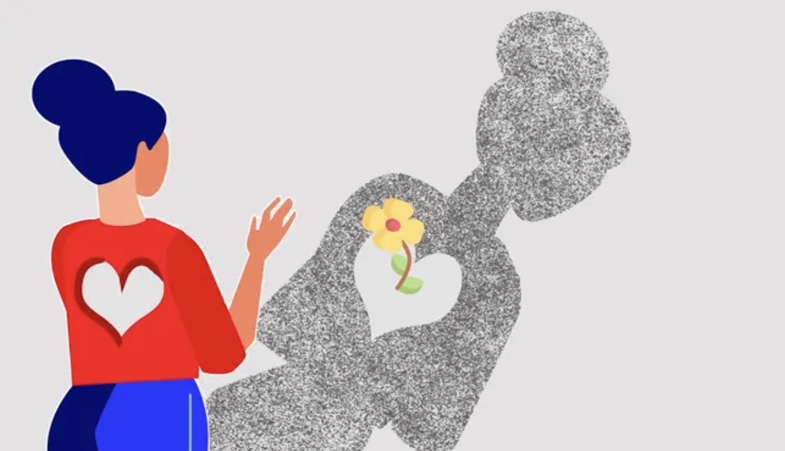
Radical acceptance is an important concept taught in "Dialectical Behavior Therapy" (DBT), which aims to recognize and accept an often painful reality. This concept does not mean that we have to like what we have accepted or that we do not want it to change. Radical acceptance is an act of facing reality, of things that have happened, and does not mean giving up trying to change.
When faced with a difficult situation, we can often feel that "it shouldn't have been this way" or "what if things had been different?". These thoughts often keep us locked in a struggle with reality and make it harder to deal with it. Radical acceptance, on the other hand, helps us accept the situation for what it is, facilitating the process of processing emotions and paving the way for further action.
Losing a loved one is among the most difficult experiences an individual can go through. We are often faced with thoughts like "it can't be true" or "why did it happen to me?" These thoughts are forms of resistance to reality and often cause more pain. Radical acceptance encourages us to accept the reality of loss, not as an act of surrender, but as an act of liberation that helps us cope with the pain and move on with life.
In the case of grieving the loss of a person, radical acceptance does not mean forgetting the loved one or turning away from the memories, but rather, it involves accepting the pain and the beauty of the memories. In this way, we remember the person in a new and healthier way. Often, this can be manifested by participating in activities that honor the memory of the lost loved one, such as supporting a cause that was important to them.
In cases of separation or separation from a person who is still alive, as in cases of relationship breakdown, radical acceptance becomes more complicated. The hope of a reunion often makes us struggle with the reality of separation. But radical acceptance does not mean surrender to this reality; rather, it means accepting the situation as it is now, while leaving room for hope and change in the future.
After all, radical acceptance is not an easy or instant act, but a process that takes time and commitment. It does not mean giving up in the face of pain or difficult reality, but it is a way to free yourself from the struggle with it and build a way forward.
Suggested articles:





